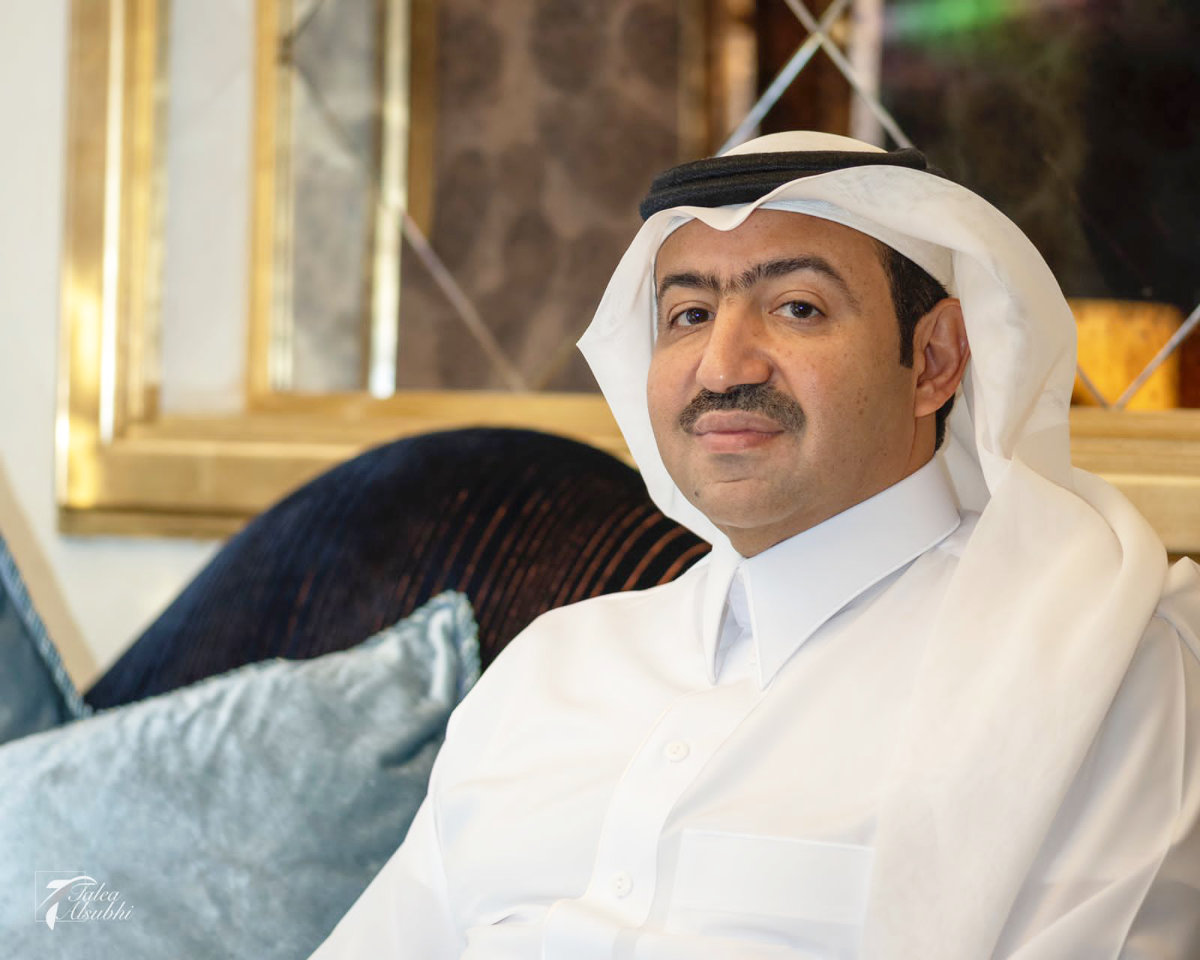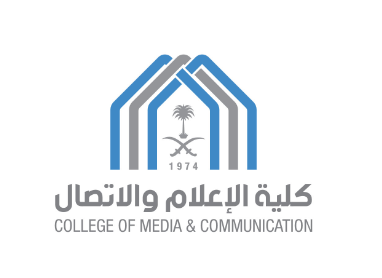
IMSIU to launch first bachelor’s degree in cinema and theater next year
Imam Mohammed Ibn Saud Islamic University intends to launch the first bachelor’s degree in cinema and theater at a Saudi university next year.
Prince Saad bin Saud bin Mohammed Al-Saud, dean of the College of Media and Communication, said the decision was exceptional due to its direct impact on the cinema and theater industry, and was in line with Saudi customs and culture.
Prince Saad told Arab News that the College of Media and Communication at IMSIU was among the biggest colleges in the Kingdom, and the latest in launching new media departments and catering to new specializations in the field. A few years ago the college launched the marketing advertising department, the graphics and multimedia department, in addition to traditional departments such as journalism, radio and TV, and public relations.
The cinema and theater degree was the newest program to be launched, he said, which spoke to the Kingdom’s Vision 2030 on the quality of life, the importance of entertainment and the arts, and investing in them.

Prince Saad said that, based on the latest statistics, Saudi Arabia was among the top 15 countries in the world in achieving cinema revenues and the first in the Middle East to achieve profits in the field of cinema. He described the cinema market in the Kingdom as promising and highly important in achieving economic objectives — it is expected to achieve billions of Saudi riyals in profits and create thousands of job opportunities for Saudi men and women.
This huge market had been incompatible with academic measures and infrastructure in Saudi universities, which was why the College of Media and Communication mobilized to institutionalize this important academic and economic field.
“We moved in this regard to teach, qualify and graduate qualified cadres to work in these jobs with specialized national qualifications in this raw field,” he said.
Prince Saad said that the most important Saudi, Arab and international experts were hired in the establishment process. One of the most important arbitrators in this program is Andres Vicente Gomez, a Spanish film producer behind many international films, including “Born a King.” Prince Saad added that the program was structured and prepared according to the most modern study plans and that the best Saudi academics would work on it, noting that some of them had studied cinema at the most prestigious American and European universities, and had presented their films in Hollywood.
“We are a cultural country that is open to the world, and we receive American, Arabic, Turkish and Korean programs and films that are not compatible with our customs and culture, stressing that we have the cultural specificity that distinguishes us from others, which pushed us to shed the light in our vision on a program that handles directing, filming and script writing,” he said.
“This is how we move forward to found a culture of awareness that is consistent with this specificity to produce a Saudi film at the hands of Saudi cadres that express us, our culture, aspirations, heritage and identity, and export all this to the whole world to serve as a Saudi soft power abroad and use the cultural influence.”

Prince Saad said that some people were allergic to the word “cinema,” synonymous with “film,” meaning the live or kinetic image. Instead of receiving materials and films from abroad that were not culturally compatible, this could be replaced with content through which virtues, values, principles and morals were spread.
The path of cinema was not contradictory to the values of conservatism, he said, but rather protected and presented them in a model that served the community, pointing out that IMSIU, at its founding, was based on Shariah, religious sciences and the Arab language, which are disciplines that “we are proud of.” However, people had started to look at IMSIU as a prestigious comprehensive university that included all fields of specialization including medicine, sciences, engineering, public administration and computer sciences.
Prince Saad said that the cinema degree at IMSIU would be better than in any other university, as its students were better prepared regarding ideals, morals and principles of the Islamic religion, and were more in contact with the religious sciences than other students. Hence, this better prepared them to serve religion and society, which would contribute to outputs that would produce historical and cultural programs and films that were worthy of the movie industry.
“As soon as the college announced the establishment of the Department of Cinema and Theater, the first students wishing to enroll for the upcoming academic year showed up,” he said.
Prince Saad added that he expected a significant positive impact of this industry on “our Saudi heritage and culture.”























